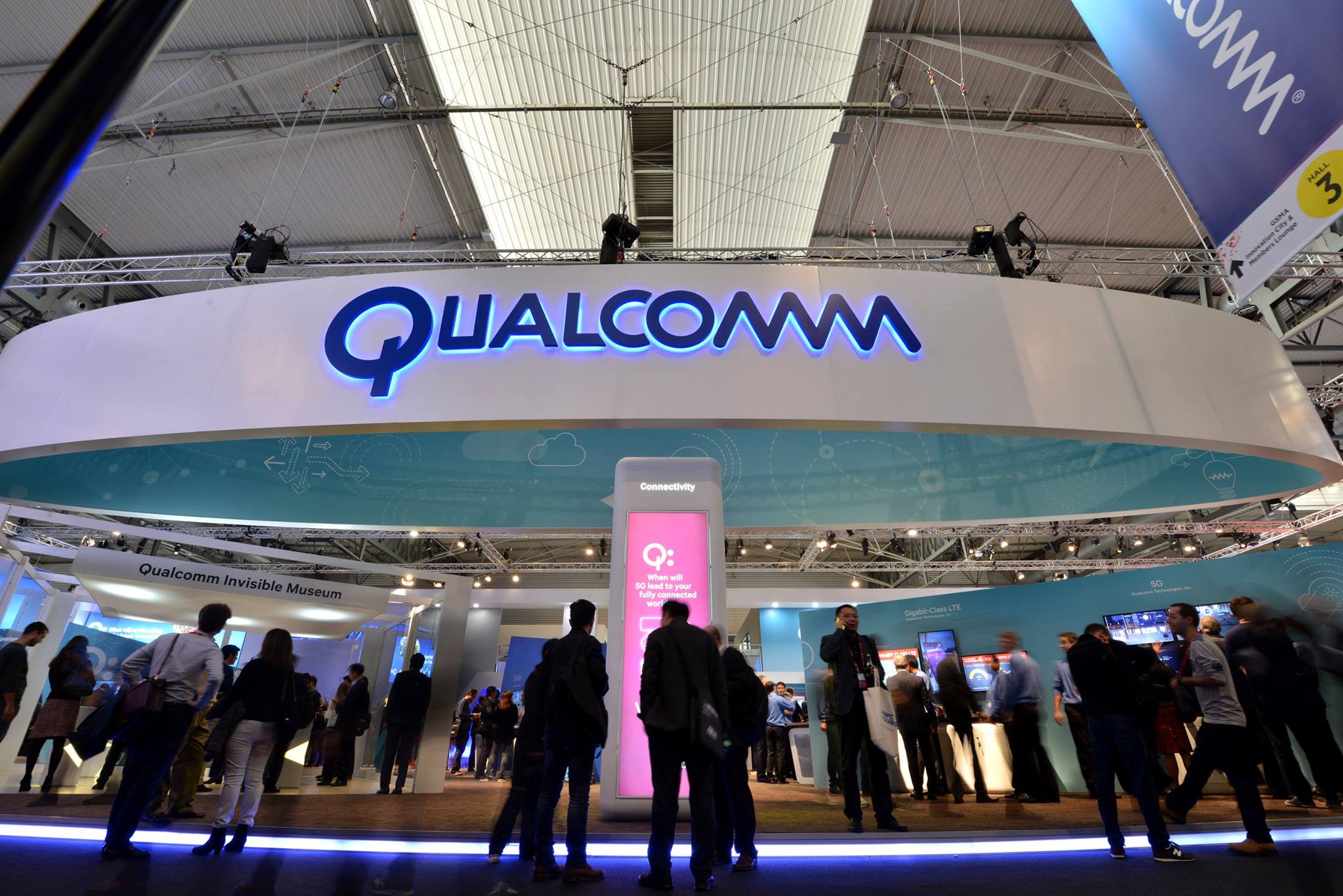 INFRA
INFRA
 INFRA
INFRA
 INFRA
INFRA
Mobile chip maker Qualcomm Technologies Inc. is being sued by the U.S. Federal Trade Commission for violating laws on fair competition.
The FTC on Tuesday filed a three-page complaint against Qualcomm, accusing it of strong-arming smartphone manufacturers, including Apple Inc., into agreeing to unfair licensing deals through the abuse of its patents.
Qualcomm saw its share price tumble by 4 percent to $64.19 in the hours after the FTC’s complaint was reported.
One of the complaints detailed in the suit alleges that Qualcomm effectively forced Apple to use its products exclusively. In addition, Qualcomm is accused of forcing other smartphone manufacturers to pay royalties for products that relied on hardware from its competitors, and also of refusing to license standard patents to rival companies.
Qualcomm enjoys a strong position in the smartphone market because not only does it design the popular Snapdragon processors used in hundreds of Android devices, but it also sells many other components and systems smartphones need to connect to cellular networks. Qualcomm also holds dozens of patents around the protocols and technologies that make today’s mobile communications possible. But the FTC said in its complaint that Qualcomm is refusing to fairly license and share its knowledge unless companies agree to its unfair terms.
The main accusation is that Qualcomm is forcing companies to pay more than they should for its wireless patents under what the FTC terms a “no-license, no chips” policy. In other words, the FTC explained, if companies don’t agree to pay its exorbitant license fees, they don’t get to use Qualcomm’s chips. And if a company opts to use a chipset from a rival firm, Qualcomm will threaten to lock them out of modern standards it holds patents for, unless they pay up.
“By threatening to disrupt cell phone manufacturers’ supply of baseband processors, Qualcomm obtains elevated royalties and other license terms for its standard-essential patents that manufacturers would otherwise reject,” the FTC alleged. “These royalties amount to a tax on the manufacturers’ use of baseband processors manufactured by Qualcomm’s competitors – a tax that excludes these competitors and harms competition.”
The FTC alleges that Qualcomm has failed to uphold its FRAND (fair, reasonable, and non-discriminatory) licensing obligations for patents it holds on standardized technologies. Those patents should be made available at a reasonable cost to anyone who wishes to use them, but were allegedly withheld from rival chip makers whose baseband processors compete with Qualcomm’s.
With regards to Apple, the FTC alleges that Qualcomm forced the iPhone maker into a five-year exclusivity deal to use only its baseband chips in its products from 2011 to 2016. “Qualcomm recognized that any competitor that won Apple’s business would become stronger, and used exclusivity to prevent Apple from working with and improving the effectiveness of Qualcomm’s competitors,” the FTC said.
Qualcomm issued a statement denying the allegations and promised to fight the charges against it.
“Qualcomm believes the complaint is based on a flawed legal theory, a lack of economic support and significant misconceptions about the mobile technology industry,” the company said in a statement. “The complaint seeks to advance the interests and bargaining power of companies that have generated billions in profit from sales of products made possible by the fundamental 3G and 4G cellular technology developed by innovators like Qualcomm.”
Qualcomm has already been hit with legal challenges in China and South Korea over its patent licensing practices, and is also under investigation in the European Union and Taiwan.
Most recently, the company was fined $852.9 million by South Korean authorities over antitrust violations involving its patents. The Korea Fair Trade Commission alleged that Qualcomm unfairly limited the access of competing chipset makers to its patents and used its position as a key supplier as leverage in its negotiations to make mobile-phone producers agree to unfair conditions. That came after Qualcomm agreed to cough up $975 million to Chinese authorities after reaching a settlement over similar antitrust violations. The European Union announced its investigation back in December 2015, but no charges have been made against the company yet.
Support our mission to keep content open and free by engaging with theCUBE community. Join theCUBE’s Alumni Trust Network, where technology leaders connect, share intelligence and create opportunities.
Founded by tech visionaries John Furrier and Dave Vellante, SiliconANGLE Media has built a dynamic ecosystem of industry-leading digital media brands that reach 15+ million elite tech professionals. Our new proprietary theCUBE AI Video Cloud is breaking ground in audience interaction, leveraging theCUBEai.com neural network to help technology companies make data-driven decisions and stay at the forefront of industry conversations.